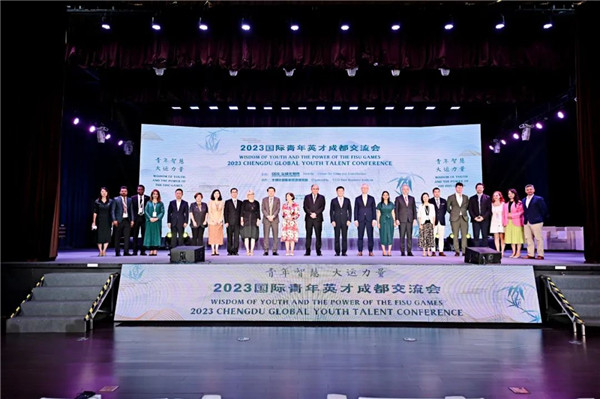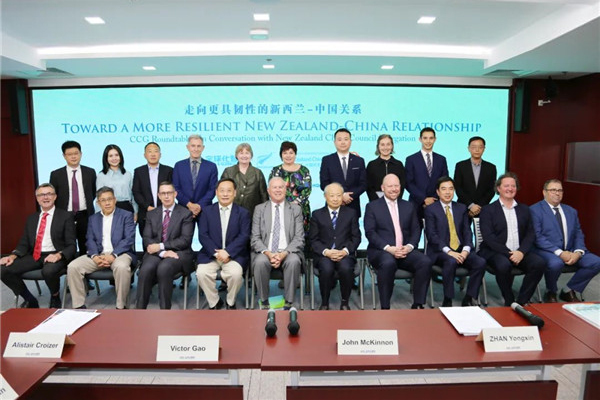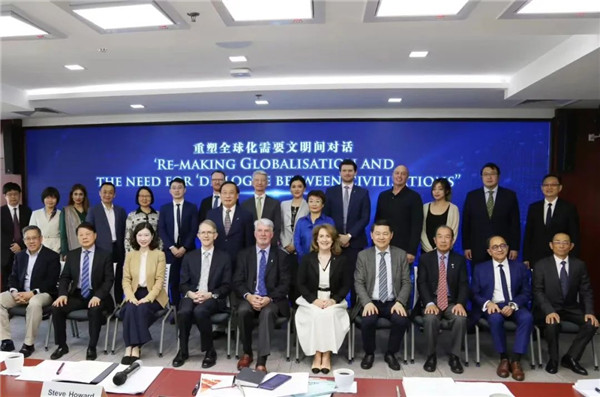CCG Hosts 2015 China-US Charity Law Symposium in Harvard University
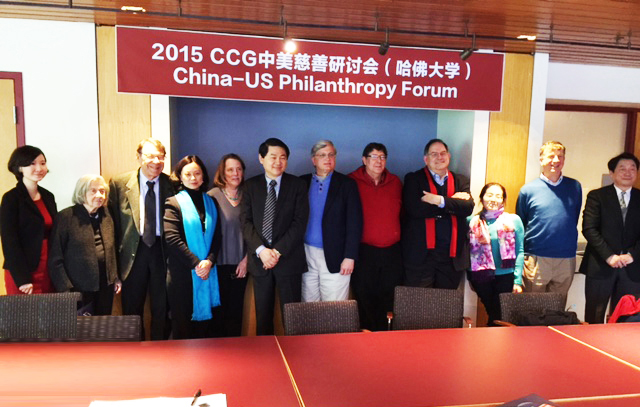
Feb. 22 (Boston, USA) -China is accelerating the process of formulating its first charity law, whose final draft still awaits approval,which has been driven by the rising activities of non-profit organizations and recent surge in charitable giving within the country.A general comparative overview of worldwide charitable giving tells us that philanthropy no longer simply consists of aiding the poor or comprises the “third sector” in the distribution of social resources. It has now become a key driving force in social transformation and sustainable economic development. We also know that the legal framework regulating charitable giving, especially tax laws, plays a key role in boosting philanthropic activity. For example, steep estate taxes and generous tax deductions for charitable giving have significantly boosted support for philanthropic organizations in the United States, promoting their robust and healthy development.In Britain, the Charity Law has also played an essential role in forming the partnership between the government and charitable organizations in that country, helping to drive social innovation in this area for the good of the public.As China devises its first charity law, learning from the century-long history of world’s charity laws, particularly from the United States, which has overcome a number of barriers and setbacks to become the world leader in philanthropy,can provide important lessons for China in this regard.
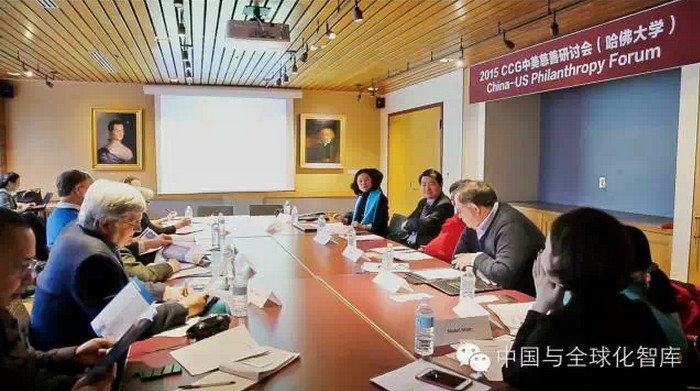
To borrow lessons from international community in accelerating China’s charity law development, the Center for China & Globalization (CCG) hosted the first China-US Charity Law Roundtable at the Kennedy School of Politics, Harvard University. The event gathered top-flight American scholars and experts on the history and laws of charitable giving and organizations to share their insights on the best US practices in this area, including:
–Anthony Saich, Daewoo Professor of International Affairs and Director Ash Center for Democratic Governance and Innovation, Harvard Kennedy School
–Marion Fremont-Smith, Senior Research Fellow, Hauser Institute for Civil Society, Center for Public Leadership, Kennedy School of Government, Harvard
–Paula Johnson, Senior research Fellow, Hauser Institute, Kennedy School of Government, Harvard
–Mark Sidel, Doyle-Bascom Professor of Law and Public Affairs, University of Wisconsin-Madison
–William Alford, Henry L. Stimson Professor of Law, Vice Dean for the Graduate Program and International Legal Studies, and Director of East Asian Legal Studies, Harvard Law School
–Daniel Halperin, Stanley S. Surrey Professor of Law, Harvard Law School
–Marty Martin, Principal, Martin Law Firm, Raleigh, North Carolina
–Dr. Cui Fenging, Director of the Harvard Law School China Program Project on Disabilities.
LocationUnited States
